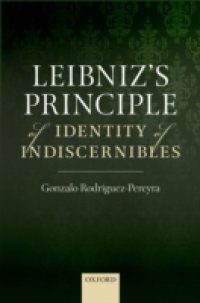Terence Cuneo develops a novel line of argument for moral realism. The argument he defends hinges on the normative theory of speech, according to which speech acts are generated by an agent's altering her normative position with regard to her audience, gaining rights, responsibilities, and obligations of certain kinds. Some of these rights, responsibilities, and obligations, Cuneo suggests, are moral. And these moral features are best understood along realist lines,in part because they explain how it is that we can speak. If this is right, a necessary condition of being able to speak is that there are moral rights, responsibilities, and obligations of a broadly realist sort.


























